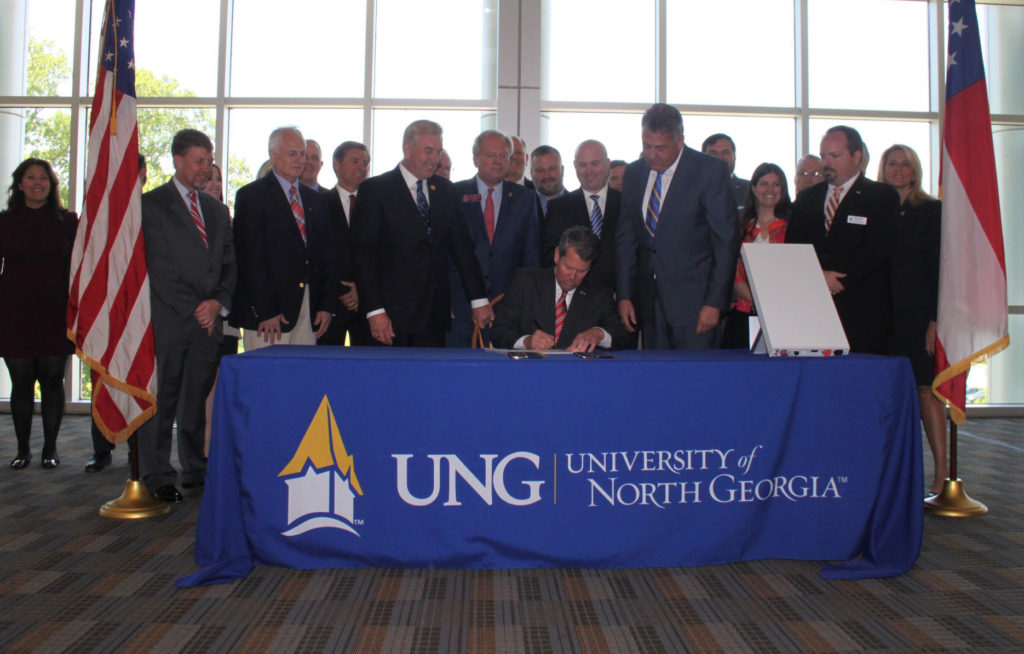
Georgia electric cooperatives now have legal clarity to pursue retail broadband for their consumer-members and federal funding to make it happen.
A new state law gives the go-ahead to co-ops that want to deliver broadband services or improve internet access in their service territories.
“This will open the door for more of our co-ops to take a serious look at broadband where they might have been reluctant before,” said Dennis Chastain, president and CEO of the Georgia Electric Membership Corp.
“Access to broadband services can give rural Georgians a fair chance in our state’s evolving economy.”
The law also removes the uncertainty that has kept co-ops in Georgia from accessing federal funds for rural broadband, said Jason Bragg, Georgia EMC’s vice president of government affairs.
The Department of Agriculture’s ReConnect loan and grant program for rural broadband awards additional points to applicants from states that have granted utilities specific legal authority to provide broadband.
“Now, large urban co-ops and small rural co-ops can look at what works best for them in their market,” Bragg said.
The law further clears up the “gray area” for co-ops that want to lease dark fiber—excess fiber optic connections from their internal communications network—to internet providers, he said.
Chastain said he expects most co-ops may consider partnerships rather than take on the operational and budgetary challenges involved in entering the broadband space.
For Habersham EMC in Clarkesville, Georgia, and Blue Ridge Mountain Electric Membership Corp., which are already in the broadband business, the new law “gives them the legal certainty they did not have before,” he said.
BRMEMC, based in Young Harris, this winter delivered broadband to Blood Mountain and a well-known hikers’ shelter on the Appalachian Trail.
Georgia joins Mississippi, Indiana, Tennessee and others in recently lifting legal hurdles for electric co-ops to explore ways to deliver high-speed internet access.
Chastain praised Georgia Gov. Brian Kemp, state Sen. Steve Gooch and state Rep. Jay Powell for their recent action to get the broadband bill enacted.
“The passage of Senate Bill 2 encourages continued dialogue among a variety of stakeholders to identify the best and most efficient way to expand broadband service,” he said. “Georgia’s EMCs have a reputation for the careful planning of reliable, safe and affordable delivery of electricity. The same due diligence will be essential when evaluating broadband services.”
Cathy Cash is a staff writer for NRECA.